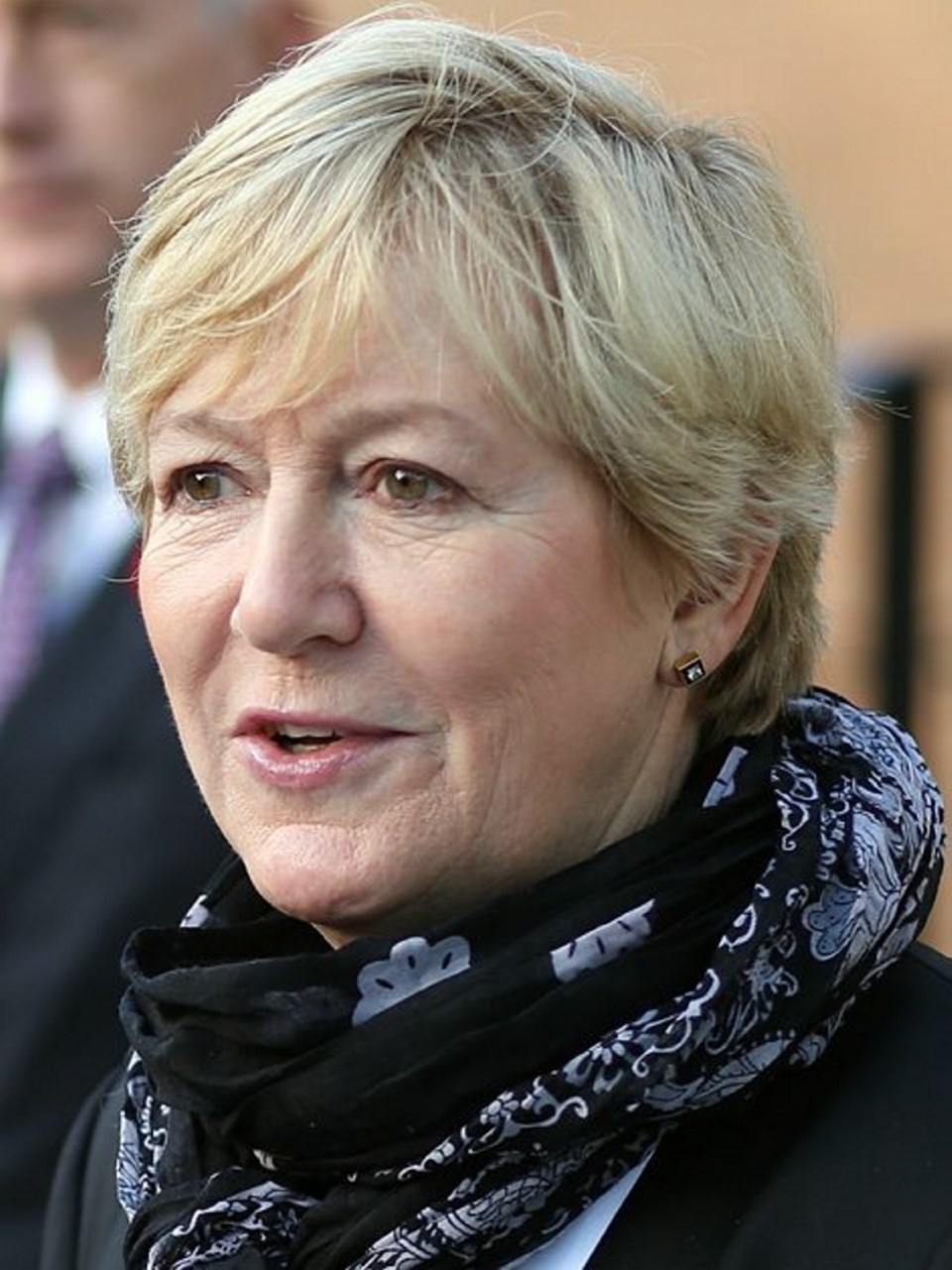New legislation will give B.C. police expanded powers to find missing people in cases where there is no evidence of criminal wrongdoing.
Justice Minister Suzanne Anton introduced the Missing Persons Act Thursday in response to a key recommendation from the public inquiry into Vancouver’s missing and murdered women case.
She said the law, if passed, will allow police to get court orders to obtain a wide range of information including telephone records, text messages, video footage and employment or financial data.
Police can get records now if they suspect a crime such as a kidnapping, but they run into difficulties where reasons for a disappearance are less clear, Anton said. “Our act will apply to those times when a person goes missing and there’s no suspicion that their disappearance is the result of a criminal offence,” she said.
The law will focus on people who normally keep in touch with loved ones and have unexpectedly vanished. It also apply to people who are vulnerable or at risk either because they are minors or have a physical or intellectual disability.
The law will define types of missing people and allow police in those cases to apply for court orders that:
• allow access to the missing person’s records
• allow entry into a home or other location where they believe the missing person is
• allow access to records of a person who was last seen with a missing person.
Anton said the legislation builds on laws in place in other provinces and will balance access with privacy rights.
“Someone may want to be missing,” she said. “Someone may not want the rest of the world to know where they are. That’s always within people’s rights.”
The B.C. Civil Liberties Association intends to scrutinize the bill closely. But policy director Micheal Vonn expressed initial concern about the amount of “wiggle room” for police.
She said the legislation appears to give police the ability to gather information while searching for a missing person and use that material in later criminal prosecutions.
Vonn said that has the potential to undermine attempts to find people like the women who went missing from Vancouver’s Downtown Eastside, many of whom had drug addictions and worked in the sex trade.
An addictions counsellor might be reluctant to turn over a client’s health records if police have the ability to charge the client after finding them, she said. “It’s simply not good enough for the government to say, ‘Well, we would never use it for the purposes of criminalizing the missing person.’ If that’s so, you write it in the legislation.”
NDP critic Kathy Corrigan said the legislation appears supportable at first glance, but the Opposition will examine it closely for concerns about privacy and other issues.
She said the big disappointment is that it’s taking the government so long to act on recommendations from the missing women inquiry.
“There’s talk about ‘we will examine this and we’re going to develop that,’ and so on, but the real progress is disappointing,” she said. “When you think of the families of those women, it is more than disappointing. It is probably a little shocking and heartbreaking that there has been so little progress.”



